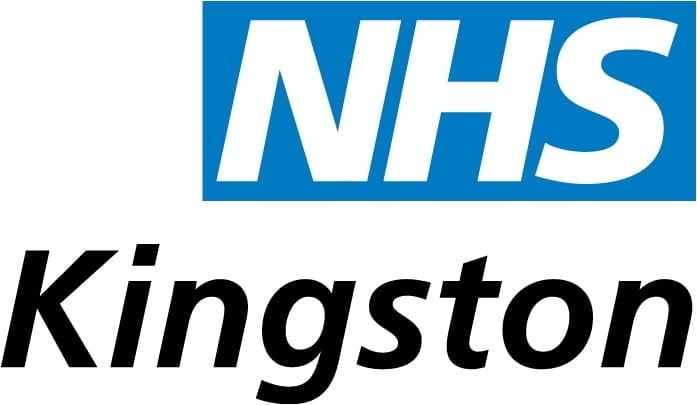Kingston upon Thames has become the latest target in ongoing attacks against the National Health Service.
Segments of the NHS are to be subject to renewed cuts and transfers that will see medical care placed in the hands of the private sector.
“Privatising and cuts sum it up nicely,”
said Gill George of Kingston Keep the NHS Public, “What we will see are cuts on a frightening scale and a dumbing down and erosion of quality care.”
It’s feared that such moves are part of a pilot program that, if successful in Kingston, could be replicated across London. According to a report by ‘Your Healthcare’ published in November 2009, a "Cost Improvement Plan" is in the works that could see spending cuts of around 5.2% per year.
These cuts could be increased to almost 30% by 2013. Management will also shift services into a “social enterprise company” for a five year period as part of a market testing scheme. This will leave them open to bids for ownership from a variety of companies looking to move into the health sector.
A policy of employing non-NHS staff with little to no experience is also in the works, which could further erode local employment opportunities for more qualified professionals.
Consultation with existing staff and members of the public has not taken place. A report of meeting of NHS Kingston management in September showed that local bosses believe that “formal consultation with the public is not required” as the social enterprise scheme “represents a management change a not a change to clinical services.”
Kingston Primary Care Trust has now spent around £278,000 on adapting health services into the new scheme, which involves an additional VAT cost of £300,000 per year.
The recession has posed a renewed threat to the health service. Free medical care at the point of need has been a principle of the NHS and the labour movement ever since the service was created in 1948. New Labour’s election manifesto from 1997 made a claim to intend to “restore the NHS as a public service working cooperatively for patients not a commercial business driven by competition.”
It’s no secret that this pledge, along with many others, has remained unfulfilled. Creeping privatisation has been on the cards for a number of years. The current cost of marketing schemes currently operating with the health sector are thought to amount to £20 billion – a staggering sum to waste when funds for actual patient care are urgently needed.
Privatisation erodes the very basis of decent medical care in that it introduces a profit motive into a line of work where human need is paramount. The defence of the health service has therefore been a focal point for the labour movement for decades, one which must be maintained and expanded in the face of economic turmoil and public sector cuts.
The fight to defend the health service in Kingston may decide the future of the NHS across London. The current measures being put into operation are seen as experimental and, if successful in terms of cost cutting and other schemes, may serve as a signal for additional social enterprise programs elsewhere.
The vast majority of people living in Kingston are unaware of these proposals. A mobilisation of trade unionist, patients, and all those looking with an interest in the defence of quality health care is clearly needed.






